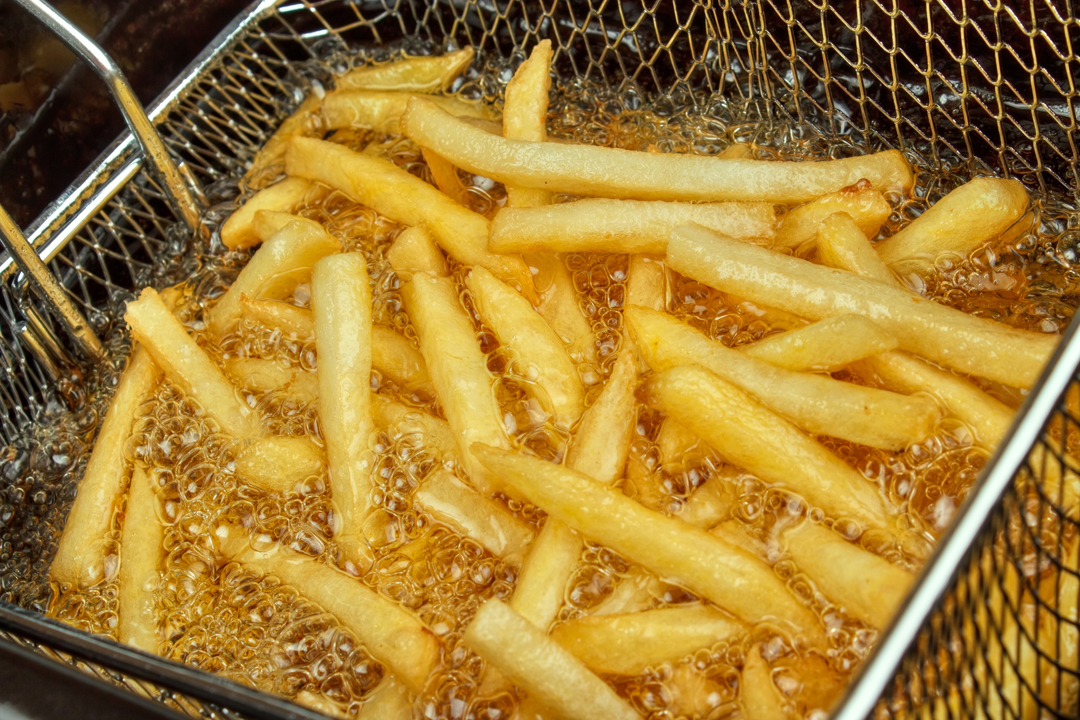
When it comes to frying, it’s essential to remember that moderation is vital. Eating too many fried foods can lead to health problems like weight gain and heart disease. On the other hand, when done correctly, frying can be a satisfying and indulgent way to cook.
Grilling, or ‘barbecuing,’ is cooking food over direct heat, usually an open flame or hot coals. This method is famous for cooking meats, poultry, seafood, and vegetables. It gives food a smoky flavor and nice grill marks while letting excess fat drip away. You can learn more grilling tips and techniques via online resources, like The Grilling Master or similar ones.
Cooking food over an open flame is a tasty way to cook food and gives you a unique outdoor cooking experience ideal for gatherings and summertime fun. Meanwhile, the days of using charcoal have long since passed. Grilling at home has never been more hassle-free than with the introduction of gas and electric grills.
Cooking tools, methods, and preferences continue to influence the evolution of frying and grilling. Frying has changed from simple pan-frying to deep-frying and stir-frying. In the same way, grilling has grown to include different kinds of grills, such as pellet grills and portable grills, that fit various lifestyles and culinary needs.
The significance and benefits of these cooking methods come from the fact that they can make different tastes, textures, and experiences. From the satisfying crunch of fried foods to the smoky, charred flavor of grilled ones, each way of cooking has its unique charm.
Frying and grilling are popular choices, but they have distinct effects on the health composition of foods. Let’s compare frying and grilling from a nutritional perspective to understand their impact on our health.
Fat Content
Frying: One of the main differences between frying and grilling is using oil or fat. Frying often involves submerging food in oil, which leads to higher fat absorption. In addition, most deep-fried foods are calorie-dense.
For instance, one serving of deep-fried chicken wings can have between 300 and 400 calories, most of which come from the extra oil. When eaten in large amounts, these extra calories can make you gain weight. Also, the unhealthy fats in deep-fried foods, like trans fats, can raise cholesterol levels.
Unhealthy fats can clog your arteries, making it easier for you to get heart disease. You can enjoy fried foods using healthier oils or cooking techniques. Air-frying with minimal oil can yield crispy results with fewer calories and less fat absorption.
Grilling: Conversely, grilling generally requires little to no added fats. The excess fats in meat can drip away during grilling, resulting in a lower fat content. This method benefits those looking to reduce their fat intake and maintain a healthier diet.
Retention Of Nutrients
Frying: High-temperature frying can cause the loss of heat-sensitive nutrients like vitamins and antioxidants. Prolonged frying can further degrade the nutritional value of foods. Additionally, exposure to high heat can lead to the formation of harmful chemicals. They may include free radicals and acrylamide, which are linked to oxidative stress and could hurt cells.
Cooking starchy foods at high temperatures, like French fries, can result in the chemical change of sugars and asparagine. This chemical reaction can cause acrylamide to form. It helps to be aware of how acrylamide forms during cooking. That way, you can reduce its formation, helping you make healthier food choices.
Grilling: Grilling is a relatively quick cooking method that helps retain natural flavors and nutrients. While heat can cause some nutrient loss, grilling generally preserves more vitamins and minerals than frying. Grilling also enhances the taste and texture of vegetables, making them a flavorful and nutritious addition to your meals.
Formation Of Carcinogens
Frying: Deep-fried foods can be a delicious indulgence, but knowing their potential health implications is necessary. Polycyclic aromatic hydrocarbons (PAHs) are another class of compounds that can emerge from frying in high temperatures. These substances form when you heat and reuse the oil.
In addition to being potential carcinogens, PAHs have also been linked to a higher risk of cancer, especially when consumed frequently or in large quantities. French fries, potato chips, and fried chicken are all examples of deep-fried foods that may contain acrylamide and PAHs.
Eating these foods may be safe, especially if you consume them occasionally. However, making them part of a high-fat and calorie-dense diet may negatively affect health.
Grilling: When it comes to grilling, it’s essential to be aware of potential health concerns. Grilling certain foods, especially meats, can lead to the formation of carcinogenic compounds such as heterocyclic amines (HCAs) and polycyclic aromatic hydrocarbons (PAHs). These compounds can develop when meat is exposed to high heat and open flames, resulting in a potential health risk.
But there are ways to make grilling less likely to make HCAs and PAHs. Before grilling meat, marinating it is a good idea. Marinating the meat in vinegar, lemon juice, and herbs can create a barrier that stops these harmful compounds from forming. Also, avoiding direct contact with open flames by indirect grilling or grilling at a lower temperature can help lower the risk.
Grilled hamburgers, hot dogs, and steak may contain HCAs and PAHs. The overall effect of these compounds on your health depends on how long you cook the food and what you eat in general.
On the other hand, it’s best to use healthier grilling methods and eat a well-balanced diet full of fruits, vegetables, and whole grains. This way, you can enjoy the flavor of grilled foods while minimizing any adverse health effects.
Conclusion
Grilling offers many advantages over frying from a nutritional perspective. It promotes lower fat absorption, helps retain more nutrients, and minimizes the formation of harmful compounds. However, remember that the choice of cooking method is just one aspect of a healthy diet. Balanced meal planning, portion control, and mindful food choices are vital in maintaining optimal nutrition and a well-rounded diet.
Comments
comments